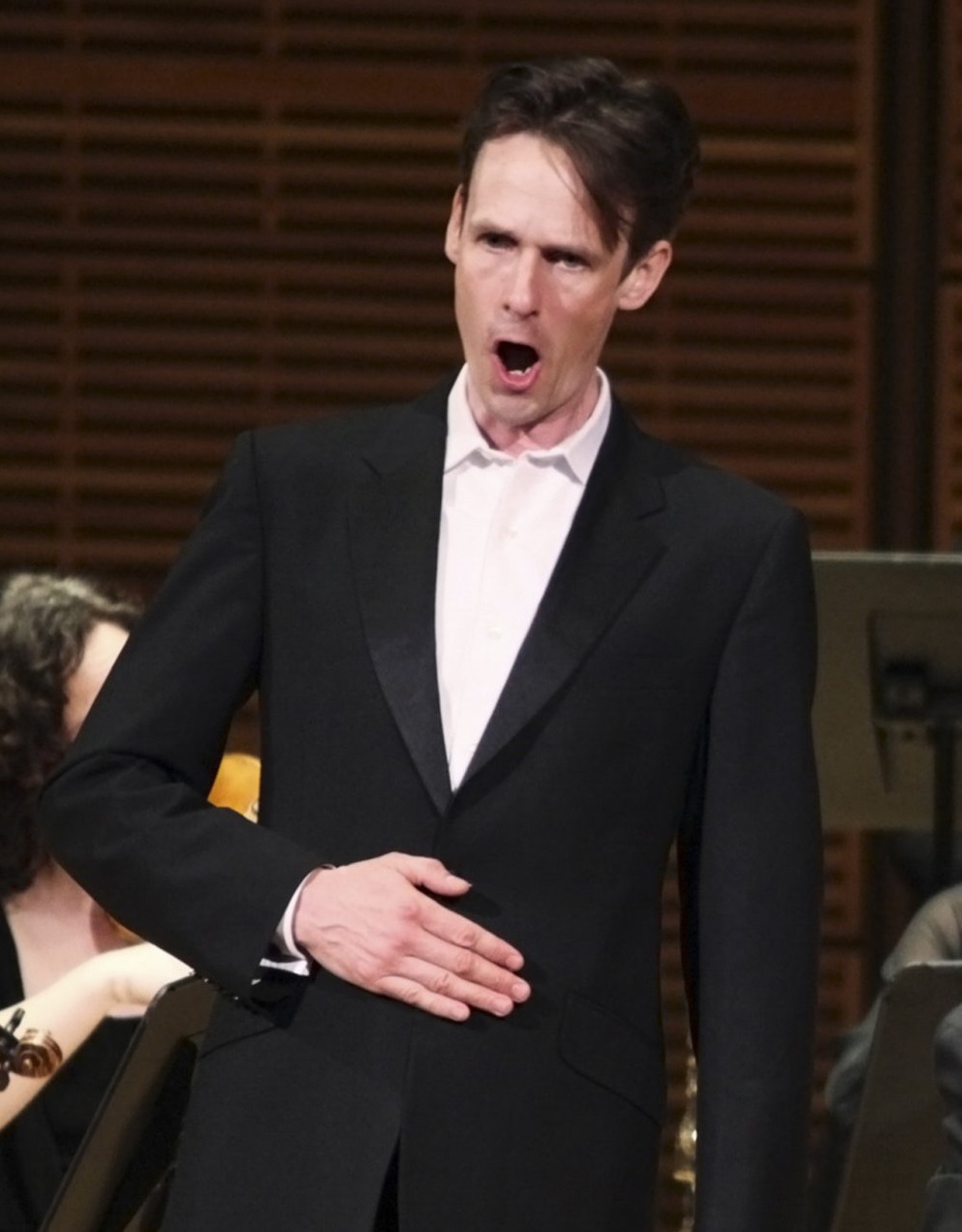One of the factors behind the American fast-food movement is the assumption that eating should be as easy as possible and that the ideal meal is one that requires a minimum amount of effort on the part of the consumer and provider. The proliferation of microwave dinners has also been fueled by the assumption that eating should be an experience with as little effort, time, and struggle as possible. This is in marked contrast to the rest of the world, especially Southern Europe and South-East Asia, where much time and effort is devoted to meals.


It isn’t just in the area of food that we see our cultural assumption with making things as easy as possible. Consider our approach to the musical and visual arts. In much of the popular music of today, singers often strive to convey a sense of raw immediacy by making their singing sound effortless. Accordingly, it is unusual to find singers having to stretch to intervals beyond a major fifth. The fine vocal training required to execute the difficult intervals in Schubert’s lieder or Verdi’s arias feels less authentic and personal to many young people today. Similarly, when I’ve had conversations with young people comparing different styles of music, the operating assumption is often that our natural preferences in music are fixed, so that the idea of struggling to grow towards more refined musical tastes seems like an anachronism and even impossible. Similarly, in commercialized popular painting, what people often want is sentimental art that appeals to the emotions immediately without requiring any demands on the viewer. Art that invites the viewer or listener to struggle, and perhaps requires some education before it can be fully appreciated, has been receded from mainstream culture to become a specialist occupation.

